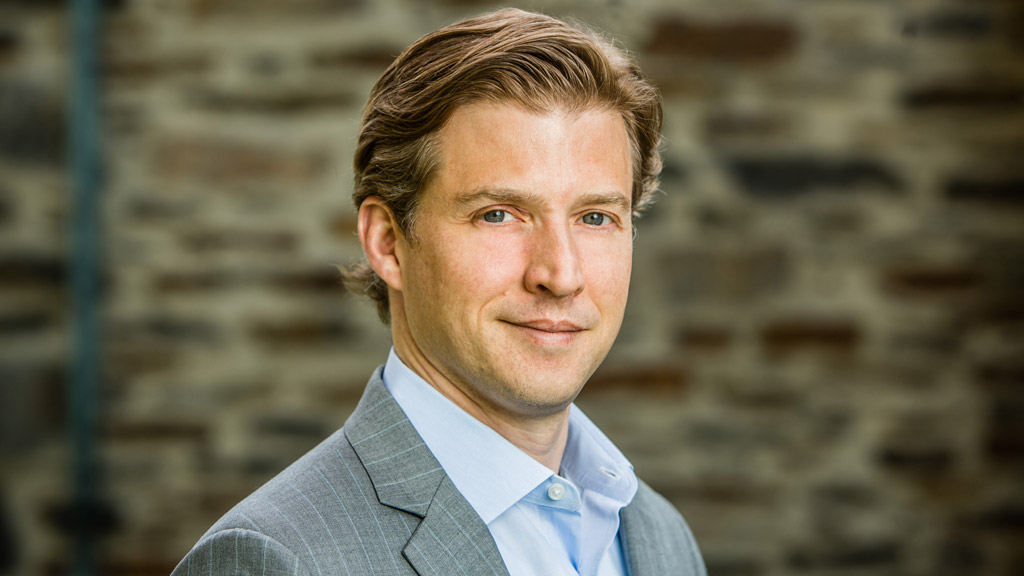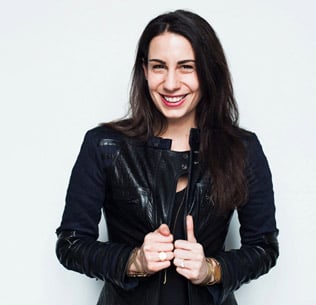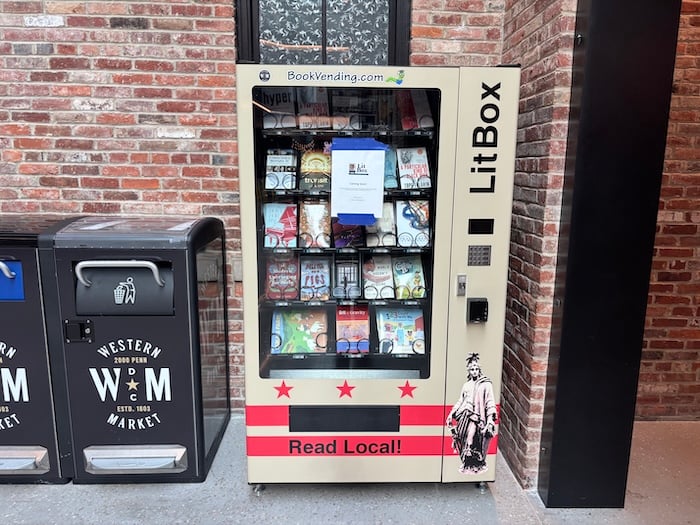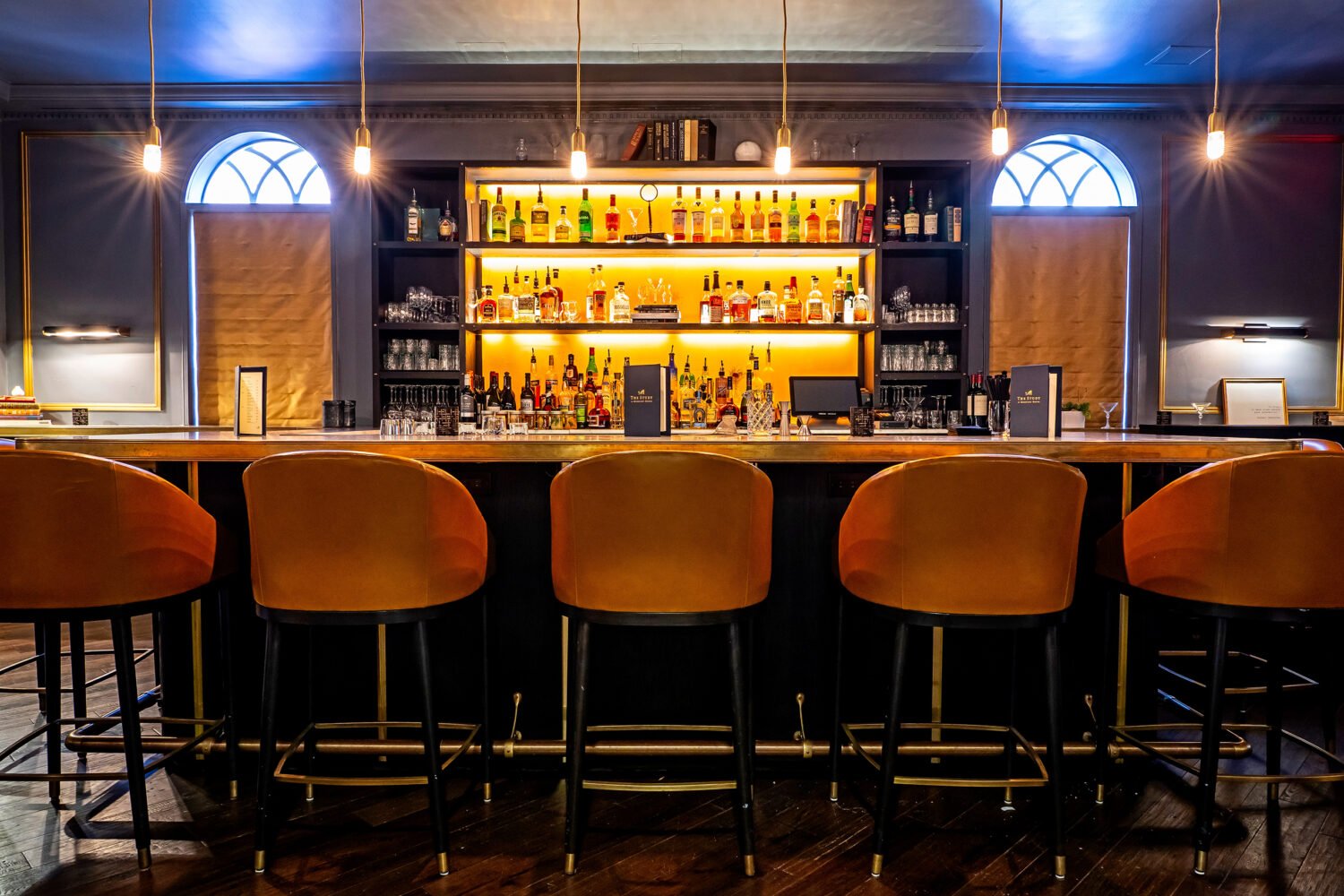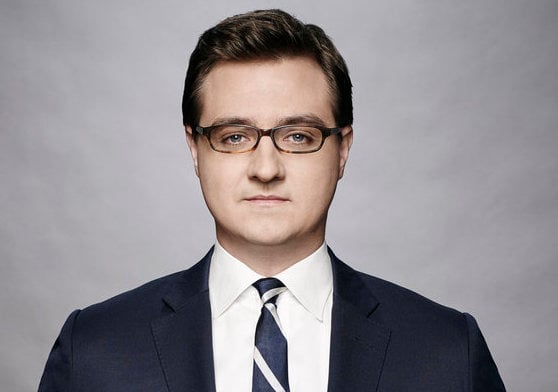After hopping the globe as Secretary of State Hillary Clinton’s senior adviser for innovation, Alec Ross has written a book-length response to such daunting questions as: What will be the world’s biggest problems in the next decade, and how can start-ups and research labs solve them? Washingtonian’s Hillary Kelly got some answers.
In your travels, what one technology or practice did you discover to be commonplace elsewhere yet absent from American life?
Messenger apps like WhatsApp are ubiquitous outside of America. The idea of paying for an international call on your mobile phone is an anachronism around the world while we’re still dialing away here in the USA.
You’re a longtime Baltimore resident. What specific innovations, if undertook, could dramatically improve the quality of life there?
Hundreds of thousands of Baltimoreans would benefit from the chronic disease-monitoring mobile apps gaining widespread use in the developing world and, ironically, among wealthy Americans.
Can you give examples of how the government, which isn’t known for its tech savvy, could better serve citizens through technology?
Well, let’s remember that the federal government did supply a few useful technologies over the years, including GPS and the internet. There are places in government that use technology well—look at the NSA. Having said that, the single best thing the government could do is to blow up the federal procurement process. Don’t reform it—start from scratch. I would start tomorrow. Give every department and agency total autonomy to self-regulate while whole-of-government regulations are being developed. Would there be some mistakes? Yes, but it would still be worth it.
What’s one innovation that’s off the radar now but that you see as a crucial part of life in the near future?
I think we’re just a few years away from all of us having a deep understanding of our individual genetic makeup and making lifestyle decisions based on that information. There are early-stage companies doing genetic tests and analysis for several thousand dollars today that will be done for a couple hundred dollars in the future. When that happens, we’ll also head to the lab and learn a lot more about what we can do to live longer and healthier.
Looking forward ten years, are you hopeful or scared for our planet?
Hopeful. The last wave of innovation transformed how we communicate and conduct business. The next wave will transform fields like transportation and agriculture. It would not surprise me if my children stop driving before they turn 30 because of self-driving cars. [They’re now 13, 10, and 8.] The combination of big data and farming should be the 21st-century equivalent of the green revolution. I’m not utopian, but tomorrow will be better than today.
This article appears in our February 2016 issue of Washingtonian.

